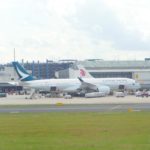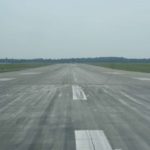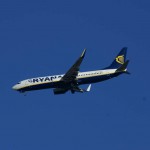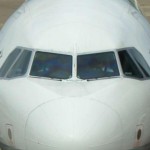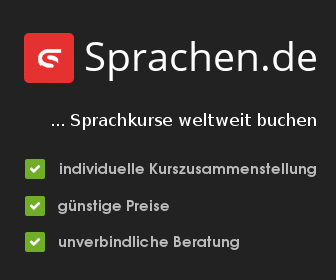Qantas and Victoria’s Swinburne University of Technology today announced a new pilot training course from January 2008, with graduates receiving an Associate Degree of Technology (Aviation).
MELBOURNE – Qantas Chief Pilot Captain Chris Manning said the course would be an important component of the Qantas Cadet Pilot Program. Successful students from the Associate Degree would be eligible to move into the Bachelor of Technology (Aviation) with advanced standing.
“This unique training course will nurture the best possible future pilots from all backgrounds. It is designed for those who want to start their flying career as quickly as possible, while providing the opportunity for broader academic study and an Associate Degree qualification upon completion,” Captain Manning said.
“Through this initiative, students could expect to offset up to $80,000 with the assistance of FEE-HELP, a
Federal Government program, making this training more affordable and equitable. The Swinburne programs play a significant role in our strategy to expand the Qantas Cadet Pilot Program.”
Captain Manning said at the completion of the training phase Cadets would leave Swinburne University with:
? a Qantas/Swinburne Associate Degree of Technology (Aviation)
? a commercial pilot licence;
? command instrument rating;
? credits for all air transport pilot licence theory subjects;
? 100 hours as a pilot in command of a fixed wing aircraft; and
? approximately 200 hours total flying time supplemented by additional flight simulation time.
The course will take approximately 18 months to complete and include a further two years of compulsory flying employment experience, with positions secured by Qantas. This employment may include Regular Public Transport, Charter, Instructional, Regional Airline or other flying. Employment locations may include regional or
city areas in Australia or the Asia Pacific region.
“After this phase of training cadets will then be considered for employment as a Second Officer with Qantas, where they would be trained on the airline’s fleet of Boeing 747s, 787s, Airbus A330s and A380s,” Captain Manning said.
Swinburne’s Dean of Engineering and Industrial Sciences, Professor John Beynon, said the new pilot training program was a collaboration between Qantas, General Flying Services and Swinburne to produce pilot graduates with the educational requirements to become senior managers within the airline industry.
The Qantas Group today employs more than 3000 pilots.

